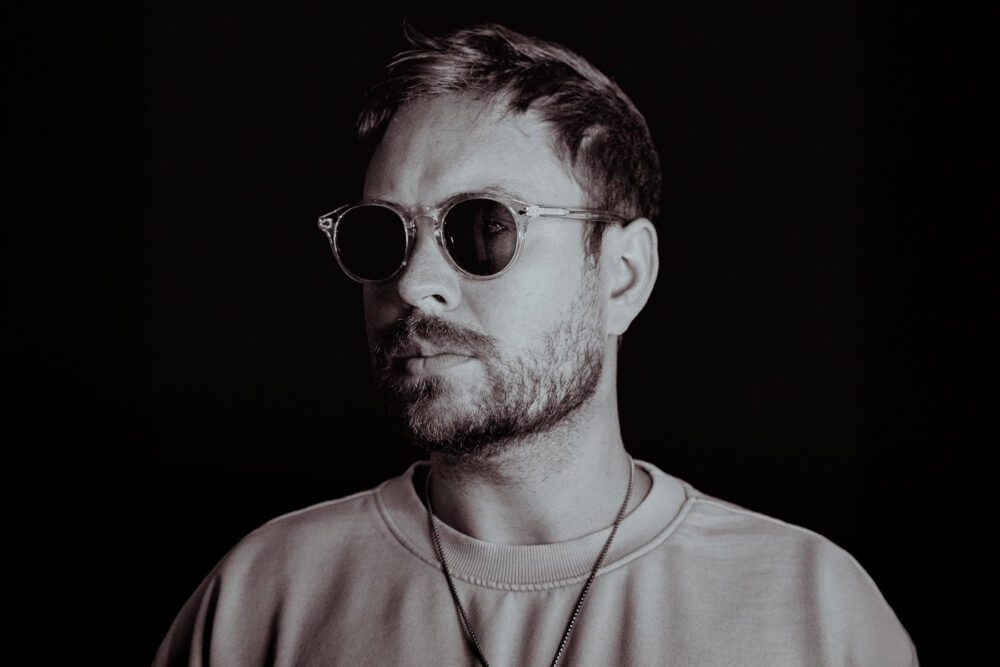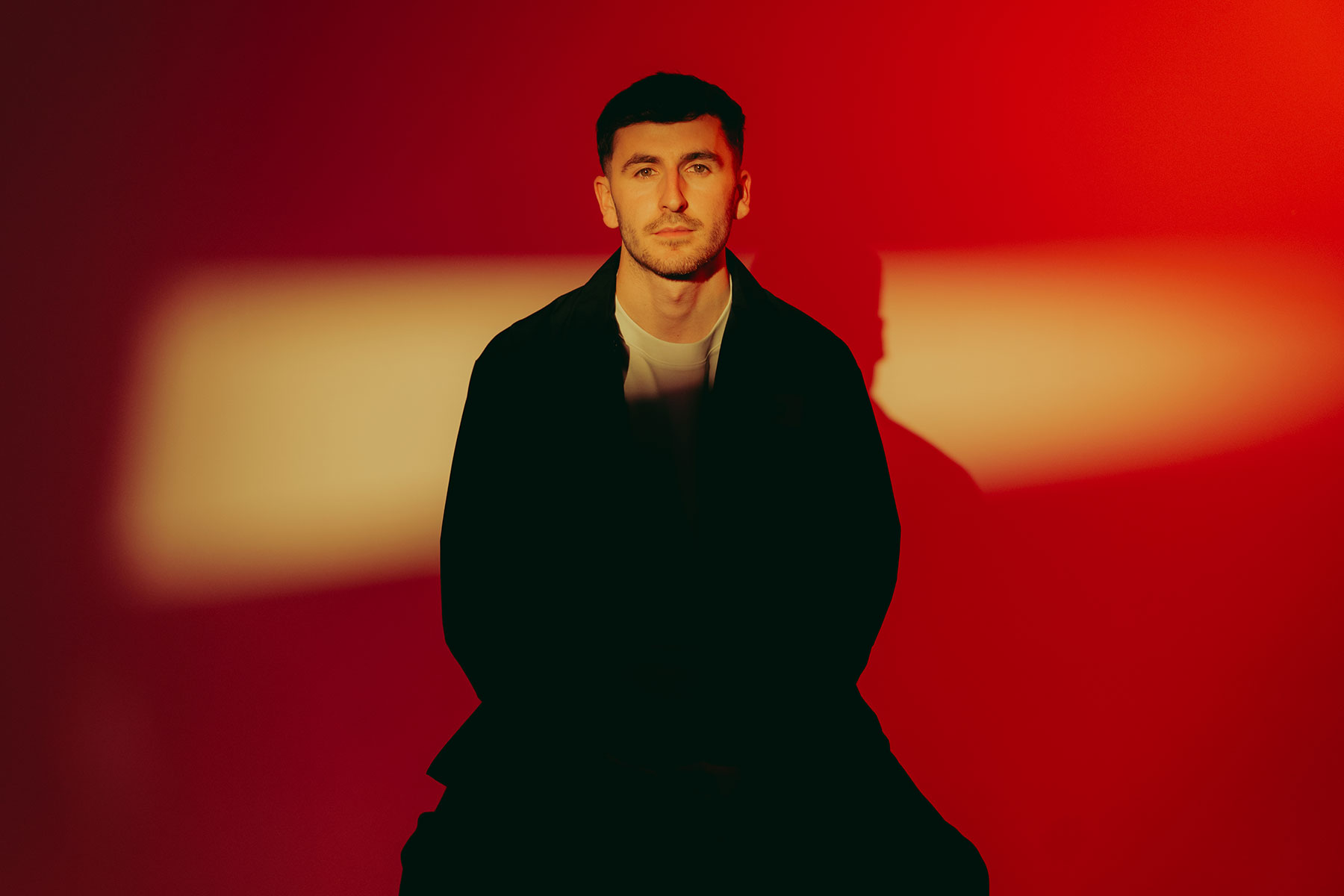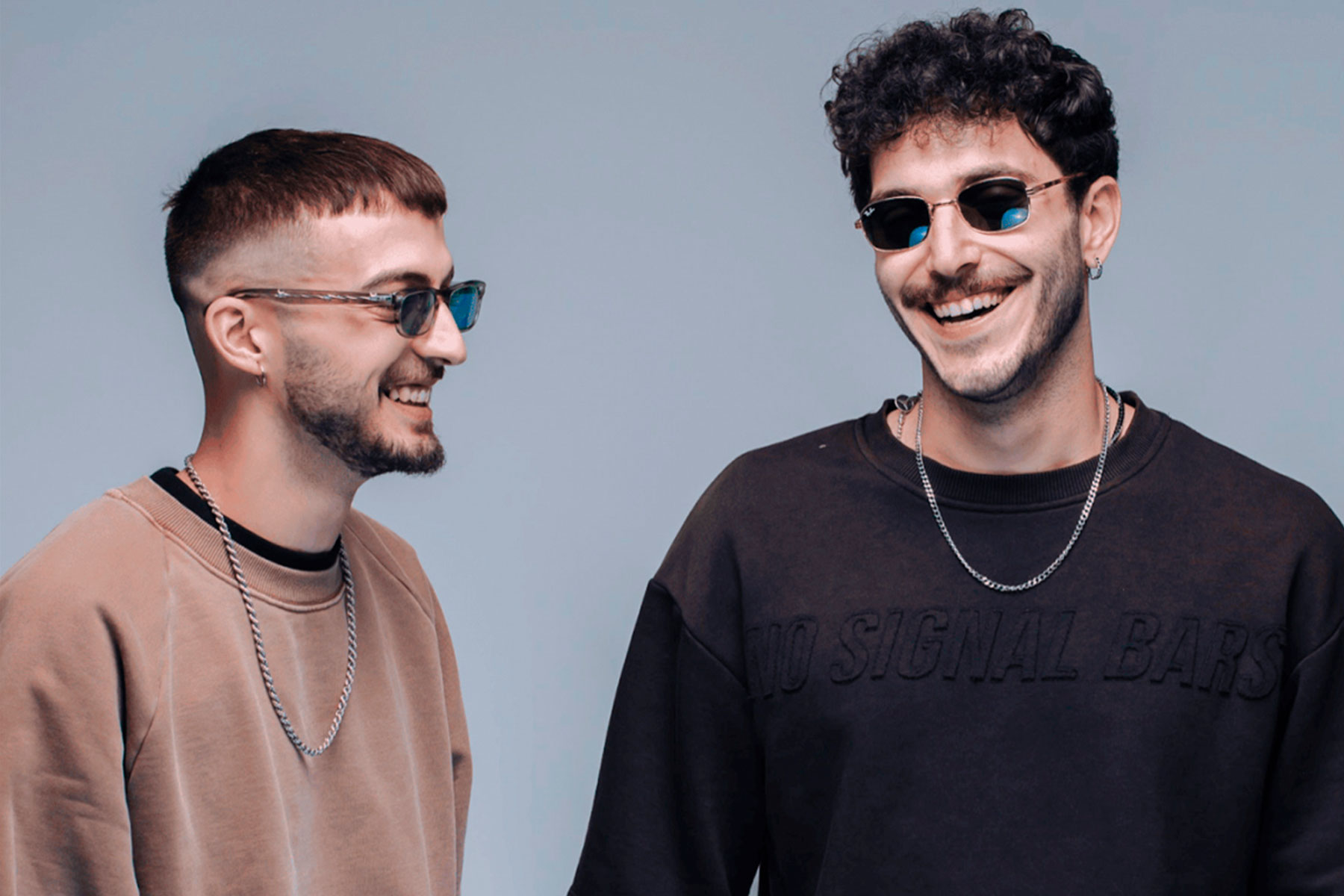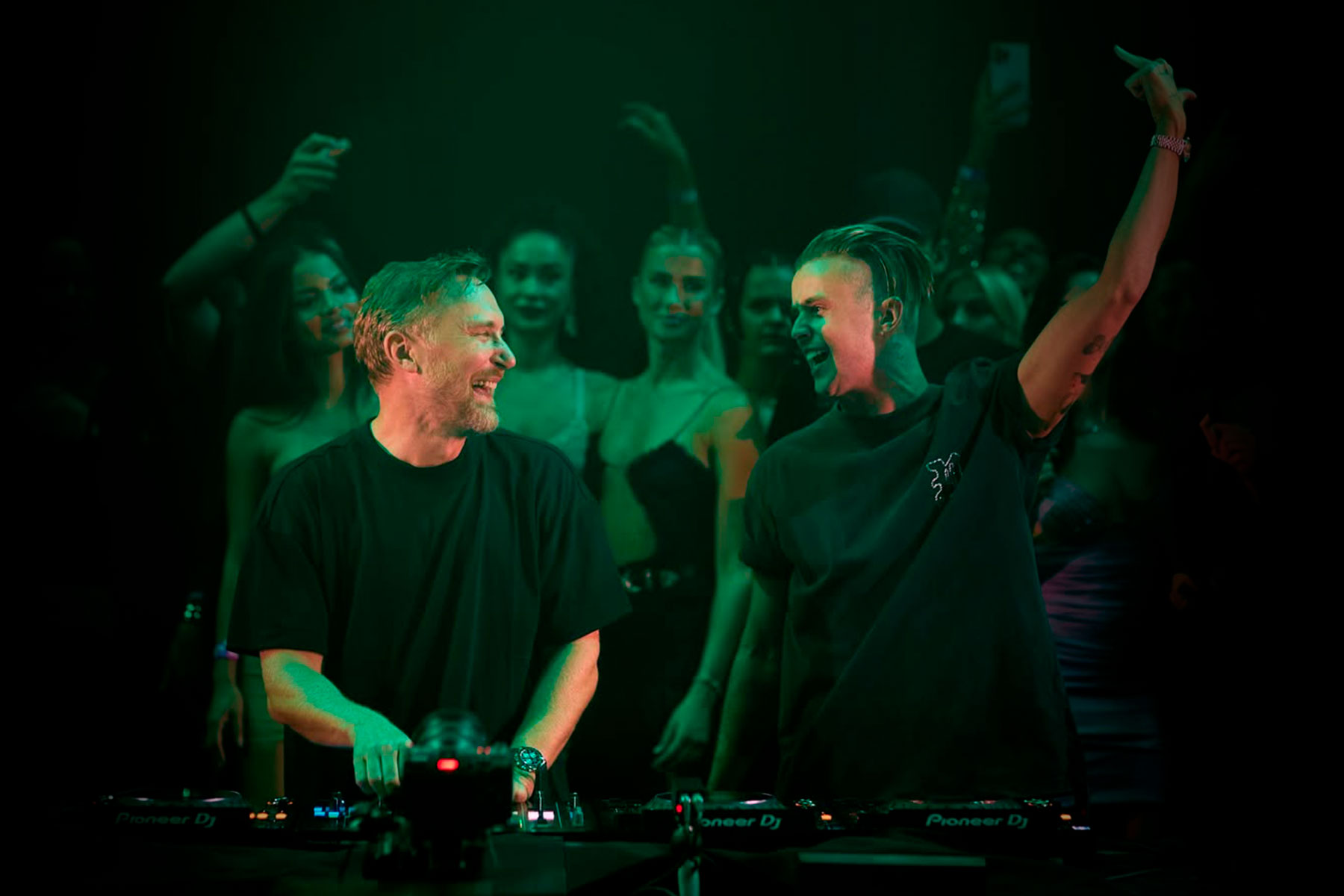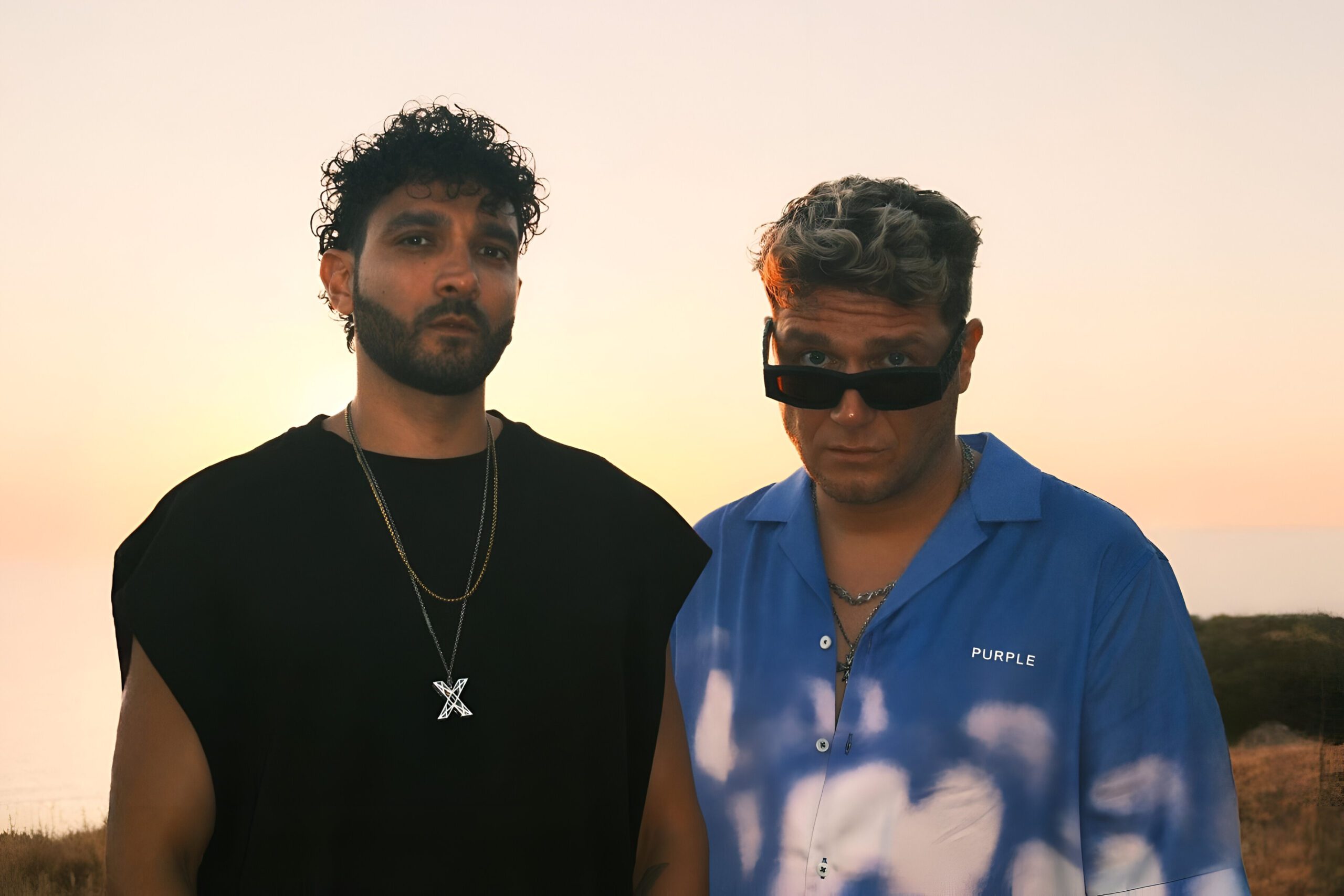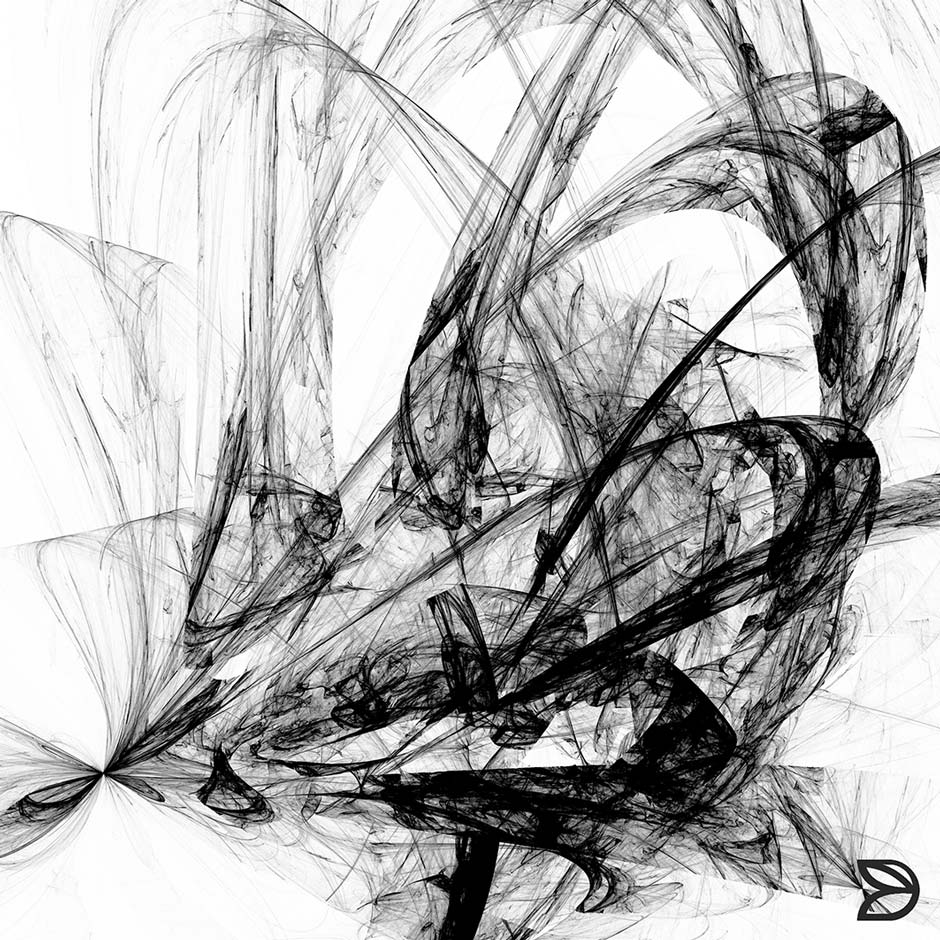Australian-born, GRAMMY-nominated producer Lipless first entered the house music scene in 2016 with the release of his debut EP ‘Wake Up Call’ on Kaskade’s imprint.
Photo credit: Lipless – Facebook
His early collaboration with the global DJ on a remix of RY X’s ‘Only’ went on to receive a nomination at the 59th GRAMMY Awards, firmly establishing him as a rising talent. Since then, Lipless has released a string of successful tracks, reaching over 200 million streams and securing spots on platforms such as SiriusXM and Spotify’s Viral 50. Named one of Your EDM’s top 40 artists to watch in 2021, he now returns with his most personal and expansive work to date: a full-length album titled ‘State Of Mind’.
Released via Colorize, the album represents a shift in intention for the producer, who previously focused on singles and EPs. Drawing from a difficult year in his personal life, Lipless used the project as both an emotional outlet and a creative reset. With each track reflecting a mental or emotional state, ‘State Of Mind’ is more than a collection of songs — it’s a journey.
In this conversation, Lipless opens up about the making of the album, his bond with Kaskade, photography as creative fuel, and how he hopes to evolve his live show.
EG: Hi Lipless, where are you chatting with us from today and what little detail in your surroundings is keeping you grounded?
Lipless: Hey guys, thanks for having me. I am chatting with you from my home studio. Just outside this door my wife and daughter are hanging out, and they definitely keep me grounded. Haha.
EG: You have shared singles and EPs for years, yet ‘State Of Mind’ is your first full-length. When did you sense these ideas belonged together as one statement?
Lipless: I’ve been wanting to do a full-length for quite some time, but I never felt I had the time required. I help other artists too — production, writing, mixing, mastering — so I stay busy. I’ve been involved in a lot of albums and I know how much work they take, so it always felt too daunting. Colorize actually suggested I do one years ago, and I respectfully declined. But last year was tough for me personally, and making music became a form of therapy. That’s when I knew it was time. Many songs on the album represent where I was mentally during that period. The lyrics in ‘State Of Mind’ reflect that journey, which is why I chose it as the title.
EG: The album title points inward, but if this record were a physical place rather than a feeling, what would we see as we walk through it?
Lipless: The album captures the emotional spectrum — excitement, grief, depression, happiness, loneliness, heartache. If I had to describe it physically, it would be a long straight path with ever-changing terrain and biomes. Some are harsh and lonely, some magnificent. When you’re in the coldest moments, you might feel like giving up, but if you keep going, the landscape shifts into something more beautiful. It’s about enduring and finding meaning in the journey.
EG: Your bond with Kaskade began with a demo in his MySpace inbox. Can you remember the moment his mentorship turned into a true partnership?
Lipless: Yes, I remember it very well. I was 22 and actually ready to give up and find a more stable career — being an artist is far from stable! Then I woke up to an email from Kaskade offering me a job running his new studio in Santa Monica. I couldn’t believe it. That’s every young producer’s dream. A couple of months later, I moved from Melbourne to LA.
“When you’re in the coldest moments, you might feel like giving up, but if you keep going, the landscape shifts into something more beautiful”
EG: Each vocalist brings a distinct color. What do you listen for when choosing a voice, and how do you guide a singer toward the emotion you imagine?
Lipless: I gravitate toward vocals that have a calmness to them. I think that reflects my own personality — I’m more introverted and drawn to peaceful environments. You’ll notice I don’t use strong, powerful vocalists. I look for vocals that feel heartfelt, not manufactured. I encourage artists to write something personal rather than aiming for streaming success.
EG: Progressive house often aims for the big room, yet your music still feels intimate. What studio habit helps you preserve that closeness even as the tracks lift crowds?
Lipless: I never write or produce with nightclubs or live shows in mind. I try to create something people will want to listen to in everyday life — not just on a weekend bender. Maybe that’s why I don’t have a booking agent right now, haha.
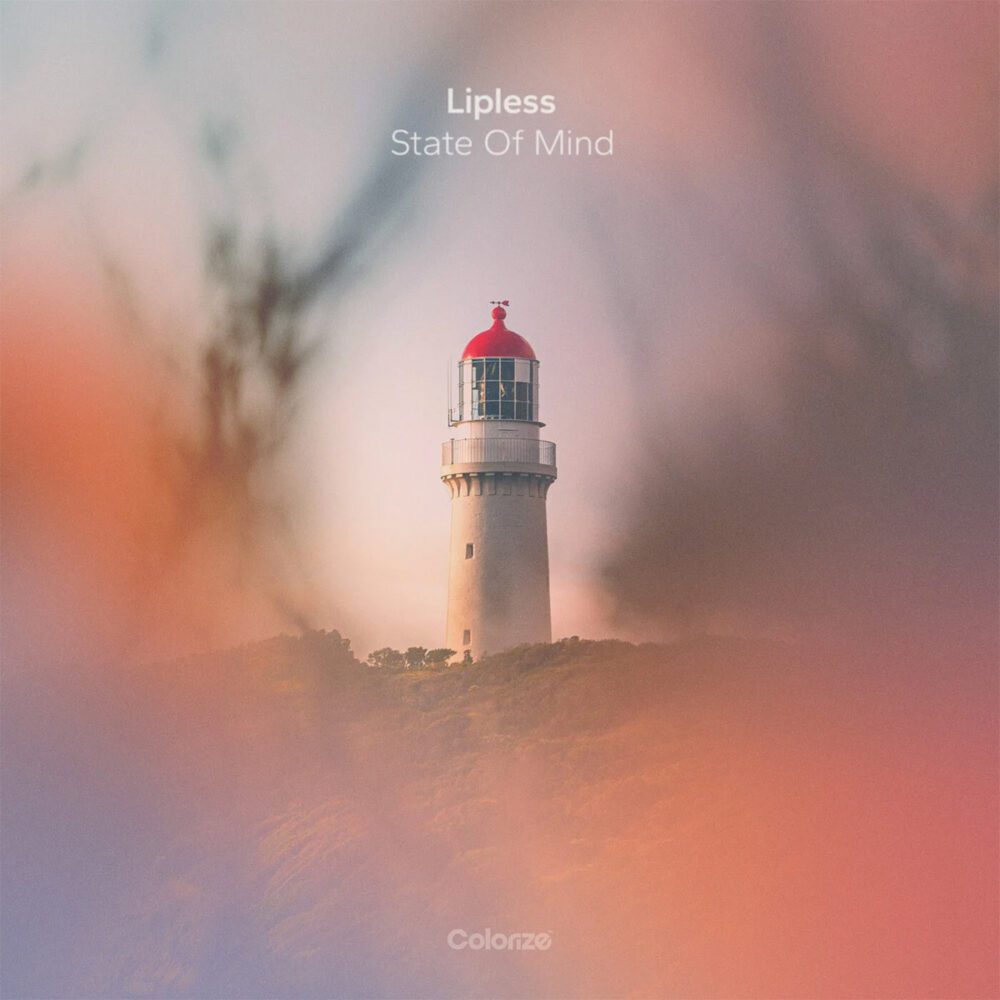
EG: When inspiration stalls, which non-musical ritual snaps you back into creative flow?
Lipless: Landscape photography and travel — they go hand in hand for me. Sitting in silence, overlooking a beautiful scene with my tripod and camera, is my happy place. It clears my head and always sparks creativity. Every cover art from the album features a photo I took myself with my Nikon.
EG: Moving from Melbourne to Los Angeles reshaped your outlook as both artist and person. How has that change echoed through the melodies on this album?
Lipless: The first thing I noticed in LA was how fast-paced it is. It was overwhelming and I struggled to adjust. I prefer peaceful, laid-back environments — LA is anything but. Maybe my more chilled music became an escape from the chaos. Instead of painting where I wanted to be, I put that feeling into sound.
“I try to create something people will want to listen to in everyday life — not just on a weekend bender”
EG: The tracklist travels through hope, longing, and release. Which song tested you the most and what lesson did it leave behind?
Lipless: ‘Underwater’ for sure. I wrote and sang that during the early days of COVID when I thought my career was over. I fell into my first bout of depression. I was ashamed and didn’t know how to deal with it, so I bottled it up. The song is about hiding those feelings. There’s a lyric — “Calm on the surface, strained underneath, still on the surface, cover the bleed” — that captures it. I kept the original vocal recording even though it was rough because it was real. I’ve since learned it’s much healthier to talk about these things than keep them inside.
EG: Live sets turn studio reflections into shared energy. How will the new material influence the way you build a night on stage this year?
Lipless: I’ve started learning new instruments and tools to use in future shows. I’ve DJed from a USB since I was a teen, but I want something more organic. I see myself as an artist, not a DJ, and I want my shows to reflect that. I play guitar, bass, and I can sing a bit. I’m exploring how to bring analog synths into the live experience.
EG: Outside the booth, which cause or community matters most to you right now and why?
Lipless: Honestly, I’m still figuring that out. I stay away from politics — maybe that’s the Australian in me. But if I had to choose, it would be solving poverty. I’m aware of how easy I have it compared to many. I lived in a remote part of the Philippines for a year and saw what real poverty looks like. I try not to take my comfortable life for granted.
EG: Once the dust from ‘State Of Mind’ settles, what fresh collaboration or experiment is calling your name next?
Lipless: I have a few collaborations lined up, but I’m not sure I can say who just yet. If I could collab with anyone, it would be M83. As for experimenting, I’ll hint at a new alias — something with my own vocals, lofi hip-hop, lofi house, and lofi drum and bass. That’s a project I’ve been exploring in my downtime.
Lipless ‘State Of Mind’ is out now on Colorize. Stream and download here.
Follow Lipless: Spotify | Soundcloud | Instagram | Facebook


